The Global Scholars Certificate is designed for students who have interest in studying courses with a major focus on international, global and/or Indigenous content. Students will gain a global perspective and learn about the increasingly important role of kinesiology and physical education in health, physical activity and their intersections in a global context.
REQUIREMENTS:
Students currently registered in KPE must successfully complete 2.0 FCE from the following Global Pathway list of courses as part of their BKin degree requirements: KPE300H1, KPE302H1, KPE304H1, KPE305H1, KPE307H1, KPE310H1, KPE311H1, KPE321H1, KPE335H1, KPE355Y1*, KPE399H1*, KPE401H1, KPE403H1, KPE404H1, KPE405H1, KPE406H1, KPE408H1, KPE409H1, KPE455Y1*, KPE495H1* and study abroad courses for credit. Course names are listed below.
Note: Courses with an asterisk(*) have varying topics and will only count towards the certificate if the focus of study/placement is on an international, global or Indigenous topic.
All eligible certificate holders will be considered University of Toronto Global Scholars.
IMPORTANT ELIGIBILITY REQUIREMENTS
- Individual courses may only count towards one identified BKin certificate in addition to counting towards the BKin degree.
- Students are limited to a maximum of 3 BKin certificates with their degree.
Please refer to this website for further information.
